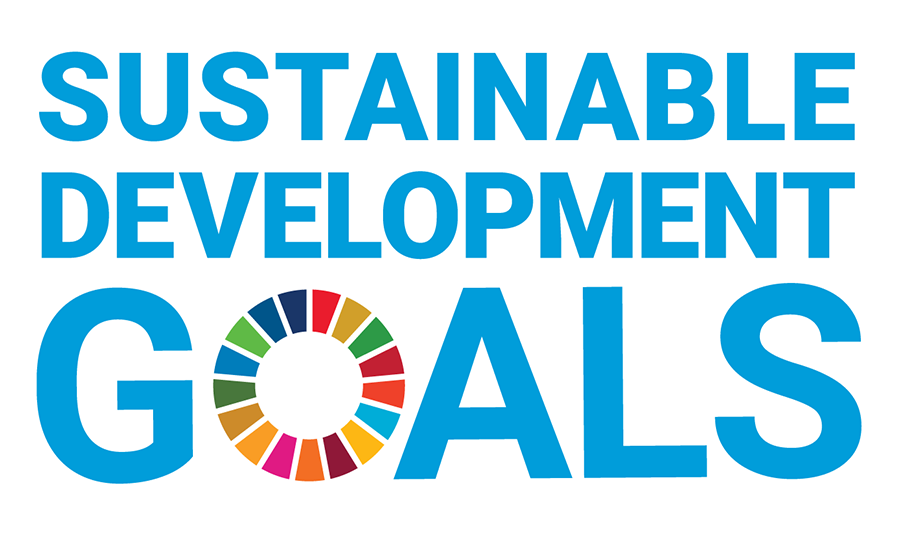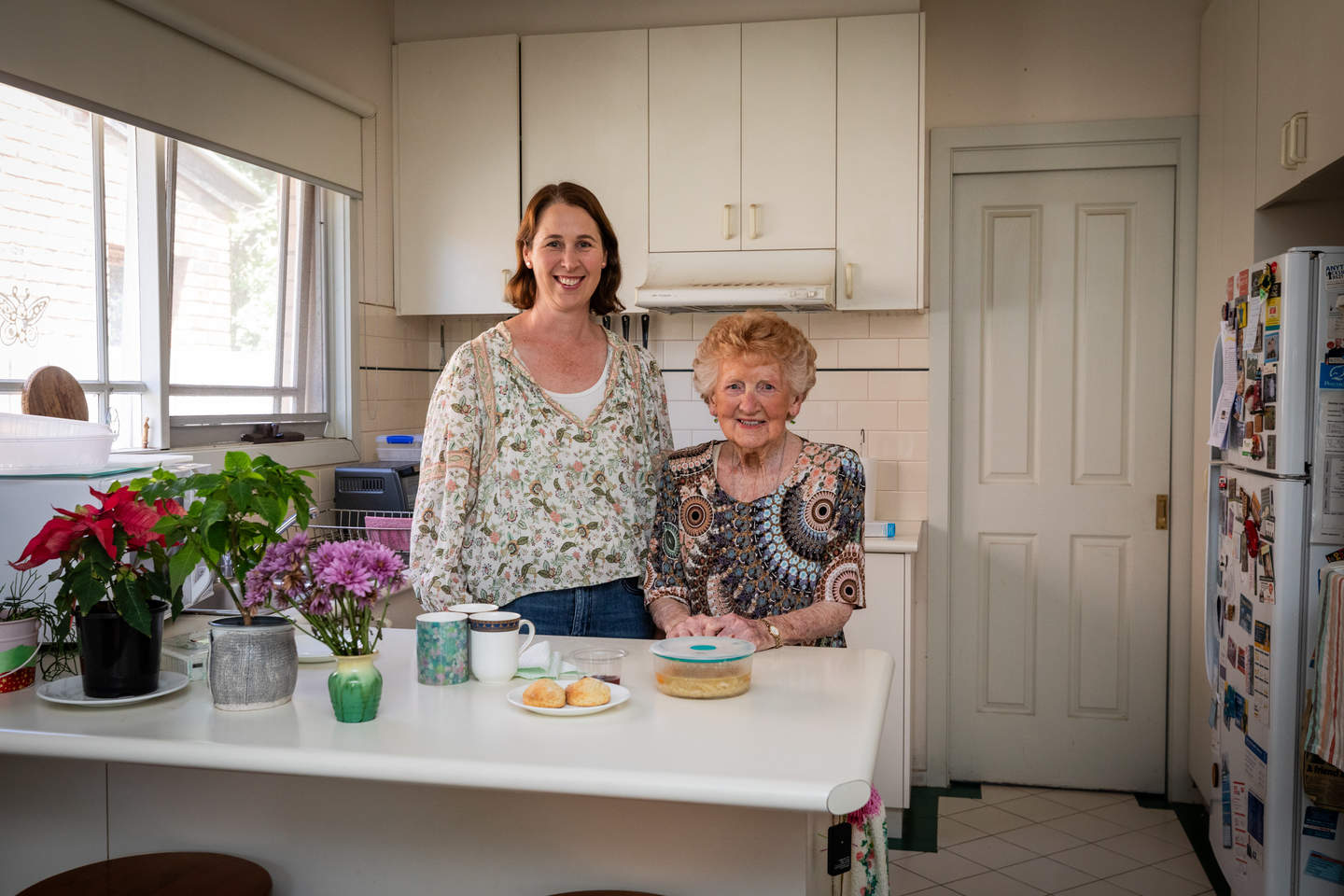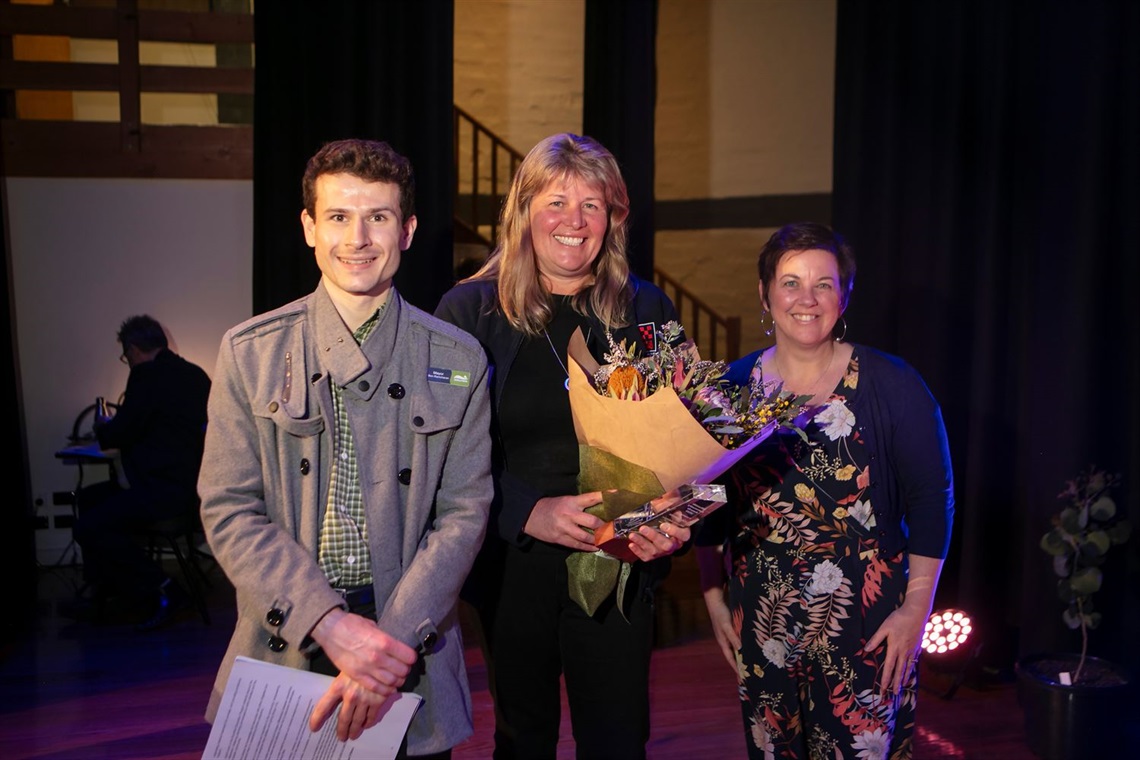- One year has passed since the debut of the hydrogen-powered Corolla at the Fuji 24 Hours Race. Since then, the number of like-minded partners who have joined the initiative of producing, transporting, and using hydrogen and carbon-neutral fuels has increased.
- KOBELCO Group and Japan Hydro will be newly joining the group, further accelerating the expansion toward carbon neutrality.
- Five Asian partner companies will join as sponsors of ORC ROOKIE Racing, aiming to boost motorsports in Asia.
- We have begun to work towards the commercialization of hydrogen-engine vehicles and also to tackle the challenge of installing liquid hydrogen in them, utilizing the knowledge gained from the past year competing in the Super Taikyu Series.
Toyota City, Japan, June 3, 2022―Toyota Motor Corporation (Toyota) announced the progress of its efforts in the Super Taikyu Series at the “ENEOS Super Taikyu Series 2022 Powered by Hankook Round 2 NAPAC Fuji SUPER TEC 24 Hours Race” (Fuji 24 Hours Race) to be held from June 3 to 5.
- More like-minded partners joining our initiative in the Super Taikyu Series
- Review of Super Taikyu Series initiatives
A year has passed since the hydrogen-powered Corolla raced for the first time last year at the “Super Taikyu Series 2021 Powered by Hankook Round 3 NAPAC Fuji SUPER TEC 24 Hours Race.” We would like to express our gratitude for the cooperation of many supporters and customers, including the Super Taikyu Organization.
Many supporters have come together with the same goal and passion to achieve carbon neutrality. Over the course of six rounds, including the Fuji 24 Hours Race this time, companies and municipalities that produce, transport, and use hydrogen and carbon-neutral fuel in the Super Taikyu Series have increased from the initial eight (as of May 22, 2021) to 24 (as of June 3, 2022)*1. The challenges of producing, transporting, and using hydrogen and carbon-neutral fuels through racing have evolved over the past year, with more energy options, increased hydrogen transport, improved engine performance and cruising range, and reduced hydrogen filling times.
- Producing
Namie Town, Fukushima Prefecture (FH2R), Obayashi Corporation, Toyota Motor Kyushu Corporation, HySTRA – joint venture comprising Kawasaki Heavy Industries, Ltd., Iwatani Corporation and Power Development Corporation -, Fukuoka City, and Yamanashi Prefecture each produced hydrogen, which was used in the hydrogen-powered Corolla racing car as fuel.
| Company / Municipality | Hydrogen production energy |
|---|---|
| Toyota Motor Kyushu Corporation | Solar power |
| Namie Town, Fukushima Prefecture (FH2R) | |
| Yamanashi Prefecture | |
| Obayashi Corporation | Geothermal |
| Iwatani Corporation | HySTRA Lignite |
| Kawasaki Heavy Industries, Ltd. | |
| Power Development Co. | |
| Fukuoka City | Sewage Biogas |
- Transporting
Toyota Transport Corporation’s biofuel trucks and Commercial Japan Partnership Technologies Corporation’s (CJPT) FC light-duty trucks transported hydrogen to the circuit. In addition, lignite-derived hydrogen produced in Australia by Kawasaki Heavy Industries was transported by air on a trial basis and used as fuel for the hydrogen-powered Corolla with the support from Iwatani Corporation and J-Power Development Corporation.
| Item | Improvements |
|---|---|
| Hydrogen tank | changed from a metal tank to a light-weight resin liner tank and can transport hydrogen at high pressure |
| Hydrogen tank pressure | increased from 20 MPa to 45 MPa |
| Volume of Hydrogen transport | increased from 15 kg to 56 kg, approximately four-fold |
- Using
In addition to hydrogen, Toyota’s ORC ROOKIE GR86 CNF Concept, which uses carbon neutral fuel, Subaru’s Team SDA Engineering BRZ CNF Concept, and Mazda’s MAZDA SPIRIT RACING Bio concept DEMIO, which runs on next-generation biodiesel fuel, will also be racing. The number of fuel options and like-minded partners who “use” bio-diesel fuel is also expanding.
| Item | Improvements |
|---|---|
| Cruising range | improved by approx. 20%*2 |
| Power output | improved by approx. 20% |
| Torque | improved by approx. 30% |
| Hydrogen wa time | reduced from approx. 5 min. to 1.5 min. |
- Initiatives outside of racing that stemmed from the Super Taikyu Series
Companies and municipalities that produce, transport, and use hydrogen and carbon-neutral fuels, which were connected through the Super Taikyu Series, are further accelerating their efforts to realize a carbon neutral society even outside the race. Many actions of our supporters are stemming from the Super Taikyu Series and expanding further.
| Company / Municipality | Initiatives | Period |
|---|---|---|
| Obayashi Corporation | Started Japan’s first verification test to optimize the hydrogen supply network in Namie Town, Fukushima Prefecture. | 2022/4/12 |
| Kawasaki Heavy Industries, Ltd. | Liquefied Hydrogen Carrier “SUISO FRONTIER” with Hydrogen from Australian Lignite Coal Returns to Kobe | 2022/2/25 |
| Toyota Motor Kyushu Corporation | Concluded a carbon neutrality collaboration agreement with Kitakyushu-City. | 2022/4/22 |
| Toyota Transport Corporation | Use of biofuel trucks for the transportation of vehicle parts | 2021/11- |
| Fukuoka City | Toyota and CJPT signed a collaboration agreement on a wide range of initiatives to realize the creation of a hydrogen society, and started studying the introduction of fuel cell vehicles, etc. | 2022/2/7 |
| Yamaha Motor Co., Ltd. | Agreement signed with Toyota to jointly develop hydrogen engine for ROV Concept, LEXUS’ first hydrogen-powered four-wheeled recreational off-highway vehicle | 2022/5 |
- New supporters at the Fuji 24 Hours Race
(1) Kobe Steel, Ltd. (KOBELCO Group) and (2) Japan Hydro Corporation (Japan Hydro) are two newcomers to the Fuji 24 Hours Race.
- KOBELCO Group
The KOBELCO Group has developed and commercialized “Kobenable Steel”, a low-CO2 blast furnace steel product that significantly reduces CO2 emissions in the blast furnace process. Kobenable Steel” uses reduced iron (steel raw materials made from reduced iron ore) produced by the reduced ironmaking process using natural gas. By charging a large amount of this material into the blast furnace, the technology can significantly reduce CO2 emissions from the blast furnace. There are two types of products, “Kobenable Premier” and “Kobenable Half.” “Kobenable Premier”, with a 100% reduction in CO2 emissions per metric ton, is used in the suspension member of the hydrogen-powered Corolla.
- Japan Hydro
A “hydrogen-fired generator” imported from Europe by Japan Hydro will be used at the Toyota Motor Corporation booth in the event space at Fuji Speedway to supply electricity. This generator is capable of supplying power for approximately 30 MIRAI vehicles and can reduce CO2 emissions by up to 1 metric ton per day compared to a typical diesel generator.
In addition, a prototype of a portable hydrogen cartridge developed by Toyota and Woven Planet Holdings, Inc. that can easily carry hydrogen and use hydrogen energy for a wide range of applications in daily life will be exhibited in the event space of the Fuji 24 Hours Race. The portable size of the cartridge makes it possible to carry hydrogen in the sphere of daily life.
- Entry Team Setup in the Fuji 24 Hours Race
Jari-Matti Latvala, TOYOTA GAZOO Racing WRT team principal, will be the spot driver for ORC ROOKIE Racing in the Fuji 24 Hours Race. The participation of a driver who has competed around the world and has extensive knowledge of various vehicles will lead to the further evolution of hydrogen engines, and will also communicate our carbon neutrality efforts through motorsports globally.
- Expansion of motorsports in Asia
Toyota, Fuji Speedway Co., Ltd. and Toyota Real Estate Corporation are promoting the “Fuji Motorsports Forest” project in Oyama-town, Shizuoka Prefecture. We aim to create a place many people want to visit and will use it as a starting point to develop motorsports culture not only in Japan but also in Asia.
In addition, the Super Taikyu Series has led to a global expansion of motorsports fan communities, and five partner companies*3 that operate businesses related to Toyota, Lexus, and Hino Motors, Ltd. and have a desire to develop motorsports in Asia will join ROOKIE Racing as sponsors from the 2022 season. By having these Asian partner companies join, we aim to have our motorsports-driven making “ever-better cars” initiatives widely known not only in Japan but also in Asia.
| Company Name | Region | Representative (Titles omitted) |
|---|---|---|
| Hotai Motor Co., Ltd | Taiwan | Justin Su |
| GT Capital Holdings Inc. | Philippines | Alfred V. Ty |
| Jardine Matheson Holdings Ltd. | Hong Kong | Ben Keswick |
| Zhongsheng Group Holdings Ltd | China | Huang Yi |
| KUO International (private) Ltd. | Singapore | Peter Fu |
- Vehicle Evolution
- Hydrogen engine technology
- Efforts toward commercialization of hydrogen engine vehicles
We have started research and development for the commercialization of hydrogen engine vehicles, utilizing the technology developed through racing. A hydrogen engine vehicle based on the Corolla Cross, a test vehicle, will be exhibited at the event space of the Fuji 24 Hours Race. The engine is a three-cylinder turbocharged engine, the same as the hydrogen-powered Corolla running in the race, and is equipped with two compressed gas hydrogen tanks under the floor utilizing MIRAI technology. While improving the hydrogen engine technology in the harsh motorsports environment, we will also develop the technology on the car body as well.
- Challenge to install liquid hydrogen
Aiming to improve the cruising range of the hydrogen-powered Corolla, we are continuing to take on the challenge of installing liquid hydrogen. The energy density of liquid hydrogen is higher than that of gaseous hydrogen, and if a hydrogen engine can be combined with liquid hydrogen, the cruising range will be closer to a gasoline-powered car, and hydrogen stations can be operated at about one-fourth the current size. The concepts of the “Mobile Liquid Hydrogen Station” and “Hydrogen Engine Corolla with Liquid Hydrogen” will be exhibited at the hydrogen filling area of the Fuji 24 Hours Race.
- GR86 (Carbon Neutral Fuel)
The ORC ROOKIE GR86 CNF Concept will compete with the SUBARU Team SDA Engineering BRZ CNF Concept, which also competes in the ST-Q class, and trains on the motorsports field to discover and improve issues with carbon neutral fuel and explore the possibility of its practical application in the future. The team is also working on a new fuel that will be used in the Fuji 24 Hours Race.
For the race, we are working on improvements to solve the problem of fuel diluting into oil. By controlling the injection method, we have achieved a significant improvement in the continuous running time.
The challenges are at the initial stage and the problems are yet to be clarified, but we will continue to work together with SUBARU and Mazda, which are competing with next-generation biodiesel fuel, in competition and cooperation to expand the options for “usage” of fuel.
Toyota will continue to train and accelerate the development of vehicles in the severe environment of motorsports with many like-minded supporters. We will also promote a wide range of cooperation beyond industry boundaries to realize a better carbon neutral society and further expand the options for producing, transporting, and using hydrogen and carbon neutral fuels.
| *1 | Growth to 24 companies and municipalities by efforts of the Super Taikyu Series (in alphabetical order by race)
|
|---|---|
| *2 | Technical Research Association CO2-Free Hydrogen Supply Chain Promotion Organization |
| *3 | When the output is the same as the Fuji 24 Hours Race 2021 |
Toyota Motor Corporation works to develop and manufacture innovative, safe and high-quality products and services that create happiness by providing mobility for all. We believe that true achievement comes from supporting our customers, partners, employees, and the communities in which we operate. Since our founding over 80 years ago in 1937, we have applied our Guiding Principles in pursuit of a safer, greener and more inclusive society. Today, as we transform into a mobility company developing connected, automated, shared and electrified technologies, we also remain true to our Guiding Principles and many of the United Nations’ Sustainable Development Goals to help realize an ever-better world, where everyone is free to move.
- SDGs Initiatives
- https://global.toyota/en/sustainability/sdgs/







